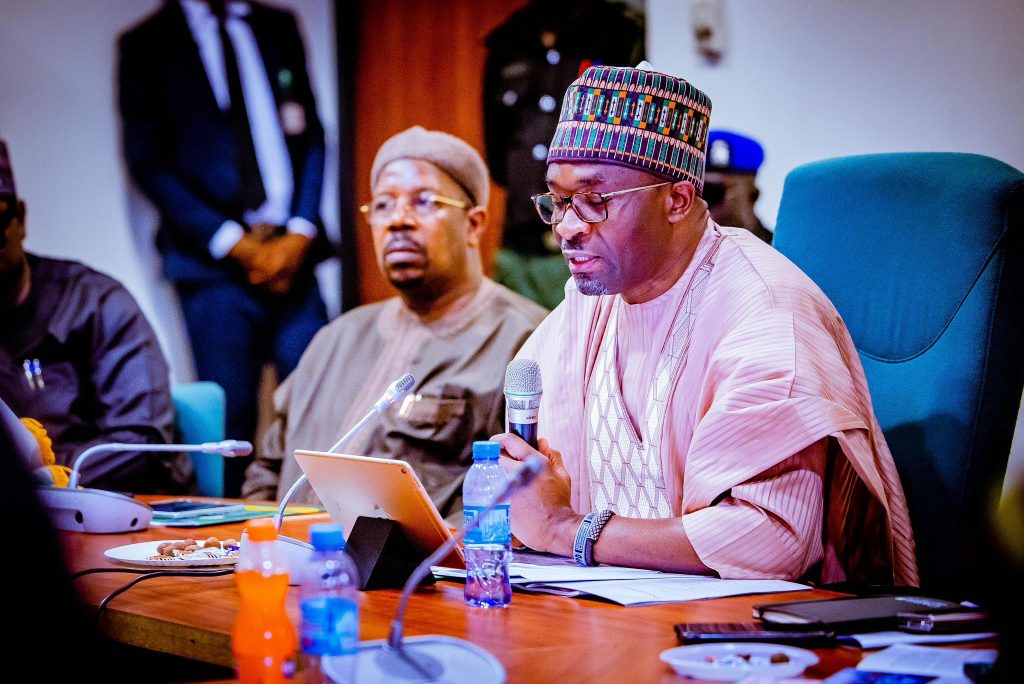Four bills proposing the creation of additional states across Nigeria passed the second reading at the House of Representatives on Wednesday.
The House also approved 38 other bills aimed at amending the 1999 Constitution of the Federal Republic of Nigeria (as amended), as part of the ongoing constitutional review exercise by the 10th Assembly.
The 42 bills, grouped under different categories to reflect their focus, were presented for a second reading at the plenary by House Leader, Rep. Julius Ihonvbere, and seconded by House Minority Leader, Rep. Kingsley Chinda.

Among them were four bills advocating for the creation of new states:
- Oke-Ogun, Ijebu, and Ife-Ijesa States – “A Bill for an Act to Alter the Constitution of the Federal Republic of Nigeria, 1999 (as amended) by amending Part 1 of the First Schedule and Creating Additional Three States—Oke-Ogun State, Ijebu State, and Ife-Ijesa State—and for Related Matters (HB. 1098),” sponsored by Rep. Oluwole Oke.
- Tiga State – “A Bill for an Act to Alter the Constitution of the Federal Republic of Nigeria, 1999, to make provisions for the Creation of ‘Tiga State’ from the Present Kano State with Headquarters in ‘Rano’ and for Related Matters (HB.1308),” sponsored by Rep. Ghali Mustapha Tijani.
- Orlu State – “A Bill for an Act to Alter the Provisions of the Constitution of the Federal Republic of Nigeria, 1999 (as amended), to Create a New State in the South Eastern Region of Nigeria Known as Orlu State and for Related Matters (HB.1430),” sponsored by Rep. Ikweagwuonu Ugochinyere.
- Etiti State – “A Bill for an Act to Alter the Provisions of the Constitution of the Federal Republic of Nigeria, 1999 (as amended), to Create an Additional State in the South East Region of Nigeria, Carved from the Existing Five (5) States to be Known as Etiti State with Capital at Okigwe and for Related Matters (HB.1998),” sponsored by Rep. George Ibezimako Ozodinobi.
After their presentation, the bills were subjected to a voice vote by Deputy Speaker Benjamin Kalu, who presided over the plenary, and were subsequently passed.
They have now been referred to the House Committee on Constitution Review, led by the Deputy Speaker, for further legislative action.
It is worth noting that just a day earlier, the House had passed 39 other constitutional amendment bills, which were also referred to the Committee.


